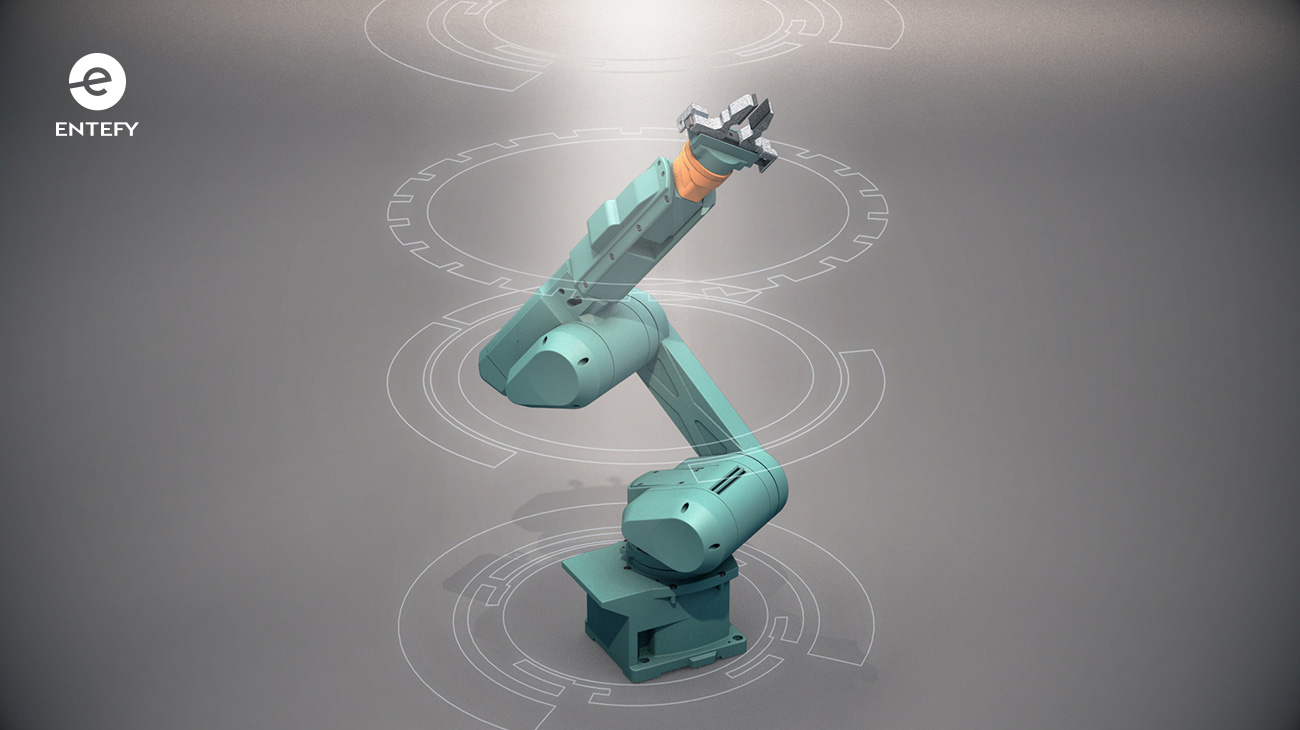With a technology as impactful as machine learning, it can be difficult to avoid hyperbole. Sure, billions of dollars in investment are pouring into ML projects. Yes, machine learning is a centerpiece of digital transformation strategies. And, to be certain, machine learning is often what people are talking about when they use the umbrella term “AI.” So it’s worth taking the time to look at real-world ML capabilities being developed and deployed at digitally nimble companies around the globe.
Entefy published two previous articles covering the machine learning revolution, which you can access here and here. We continue this global survey below with a look at how 8 more industries are making use of machine learning technology.
Pharmaceuticals & Life Sciences
Wherever you fall on the death disruption debate, we can all agree that aging is a challenging experience. Even if you don’t aspire to immortality, you likely recognize that increased joint pain and susceptibility to illness and injury will erode your quality of life. But deep learning may be able to slow the aging process. Scientists are now using the technology to identify biomarkers associated with aging. Soon enough, a simple blood test could tell you which parts of your body are showing signs of wear and tear, and your doctor could help you mitigate, and perhaps reverse, those affects through lifestyle recommendations and medication.
Food
Up to 40% of a grocer’s revenue comes from sales of fresh produce. So, to say that maintaining product quality is important is something of an understatement. But doing so is easier said than done. Grocers are at the whims of their supply chains and consumer fickleness. Keeping their shelves stocked and their products fresh is a delicate balancing act.
But grocers are discovering that machine learning is the secret to smarter fresh-food replenishment. They can train machine learning programs on historical datasets and input data about promotions and store hours as well, then use the analyses to gauge how much of each product to order and display. Machine learning systems can also collect information about weather forecasts, public holidays, order quantity parameters, and other contextual information. They then issue a recommended order every 24 hours so that the grocer always has the appropriate products in the appropriate amounts in stock.
Businesses that have implemented machine learning in their replenishment workflows reduce their out-of-stock rates by up to 80%, along with up to 9% in gross-margin increases.
Media & Entertainment
Machine learning allows media companies to make their content more accessible to consumers through automatic captioning systems. Since implementing an automatic captioning program, YouTube has enabled 1,000,000 functionally-deaf Americans and 8,000,000 hearing impaired to watch and enjoy its videos. As of 2017, its machine learning programs had become sophisticated enough to include captions for common non-speech audio, such as laughter and music, creating an even more complete experience.
Information Technology
Although machine learning is generating unprecedented business insights, many organizations have failed to invest adequately in AI systems. For instance, McKinsey found that “the EU public sector and healthcare have captured less than 30 percent of the potential value” of Big Data and analytics. Organizations that want to avoid a similar mistake will need to ramp up their data science abilities – but so will workers who want to stay competitive. By 2020, there will be more than 2.7 million data science jobs, and the demand for workers who understand and can work with machine learning technology will only grow from there.
Law
Deep learning applications are especially impressive in the legal sector due to the nature of the language these programs must parse. Legal phrasing can be complex and difficult to decipher, yet deep learning systems are already capable of analyzing tens of thousands of vital documents. When legal teams needed to dissect contract clauses that upset their or their client’s business and invoicing processes, they once had to manually review stacks of rigorously prepared documents. Now, they can feed them into a program that works far faster than any lawyer and can pick out important phrases for further analysis by the legal team.
Insurance
Improving risk prediction and underwriting is in everyone’s interest, which is why machine learning is such a gift to the insurance industry. In auto insurance, for instance, machine learning algorithms can use customer profiles and real-time driving data to estimate their risk levels. They can then formulate personalized rates based on that information, potentially creating savings for both consumers and insurance companies.
This process may be enhanced by even more in-depth analyses, in which machine learning programs pull in seemingly unrelated social media data to create a more precise profile. The insurance industry could use artificial intelligence to identify which policyholders are gainfully employed and which seem to be in good health. Theoretically, someone who is responsible in those areas of their lives will be a responsible driver as well.
Education
Intelligent tutoring systems (ITS) hold enormous potential for disrupting the classroom and helping students learn. These AI programs serve as virtual tutors, and they adapt their digital lessons based on each child’s strengths and weaknesses. Each time the student completes a task or quiz, a machine learning program processes that information to customize future materials.
By “learning” a user’s unique needs and identifying which types of lessons are most effective for them, the ITS helps the student overcome learning challenges and retain more knowledge. Research indicates that students who use intelligent tutoring systems perform better on tests than their peers who learn via large-group instruction.
For an overview to key concepts in artificial intelligence, check out Entefy’s article Essential AI: A brief introduction to terms and applications.
